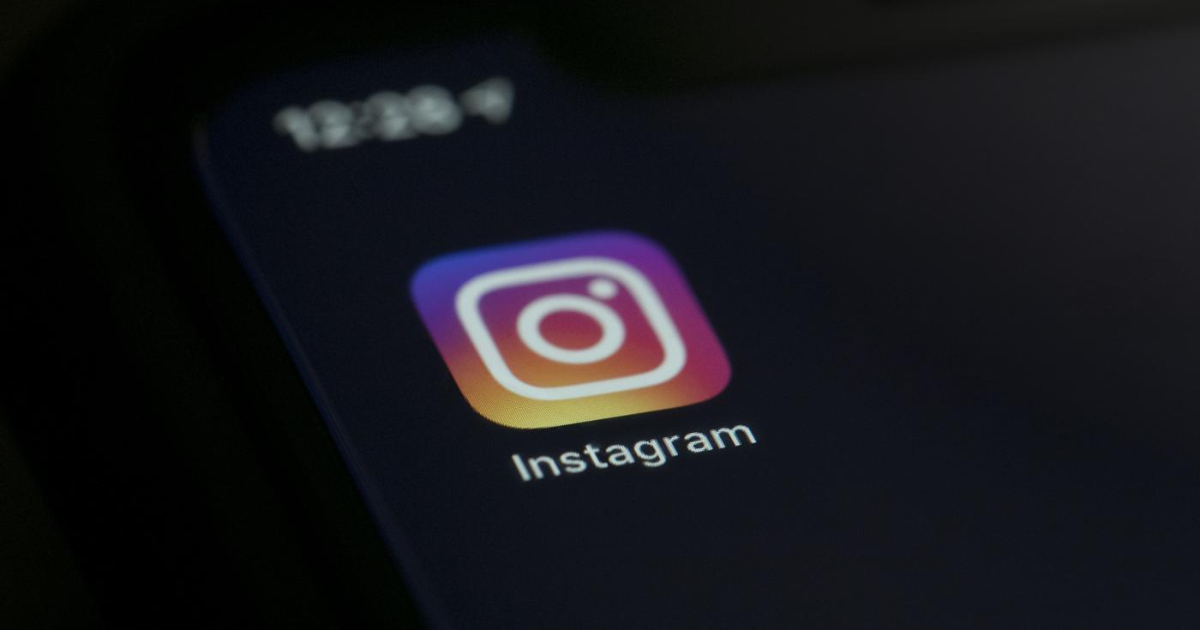Second episode of the investigation of the Wall Street Journal who had access to a series of internal documents of the Facebook group. Papers that highlight a profound discrepancy between what the company publicly stated Mark Zuckerberg and what instead shared internally. On Tuesday, the New York newspaper had given an account of a list of VIP users who were allowed to publish any type of content. The new insight focuses on damage caused among adolescents from the use of the Instagram platform. Damage that Facebook always has minimized but of which he actually was and is fully aware.
Instagram is a social network that is characterized by the central role attributed to the publication of photos which are then commented on by users who have been granted “friendship”. Particularly popular with young people, Facebook bought it in 2012 for one billion dollars. Today it has over one billion subscribers, mostly teenagers, the 40% of users are under the age of 22. A range in which Facebook has limited appeal. Over the past three years, he writes the Wall Street Journal, the society conducted studies the world where Instagram influences younger users.
The company’s researchers found that social media is harmful to a significant portion of its users and, in particular, for teenage girls who experience the comparison of their image and the photo of their peers with greater discomfort. “32% of teenage girls said that when they felt bad about their bodies, using Instagram made them feel worse, ”the leaders of the research conducted by Facebook wrote, adding that“ Comparisons on Instagram can change the way in which young women see themselves and describe themselves ”. In some of the slides that summarize the main contents of the research we read: “We make the problems worse of body image for one in three teenage girls. Teens also blame Instagram for the rise of anxiety and depression“. And again: “13% of British and 6% of American users demonstrated suicidal thoughts “
In public, however, Facebook has always played down the negative effects of the app, did not allow external scholars to view its research and refused to show it to regulators who had requested it. “What emerges from our studies is that using social applications that allow you to connect with other people can have health benefits mental, ”he said Mark Zuckerberg in a congressional hearing last March. Zuckerberg then defended the company from criticism regarding plans to create a new Instagram product for i children under 13. Plans confirmed to date. When asked if the company had investigated the possible effects of the app on children, Zuckerberg laconically replied: “I think so”. In May the head of Instagram Adam Mosseri he told reporters that according to research data, the effects on adolescent well-being are “quite modest”. Some members of the US Congress have compared the behavior of Facebook to that held by the tobacco companies that years ago denied the harm of smoking while being well aware of it. After all, Instagram is a gold mine and contributes to generating a substantial share of the 100 billion dollars that the group collects every year. It has younger, more loyal, and more frequent Facebook users who spend more time on the platform.
The documents, writes the Wall Sreet Journal, explain how the comparison between users is on Instagram exasperated compared to other platforms. The competitor TikTok, a short video application, it focuses on performance, while users of Snapchat when they publish videos and / or photos they are partially protected by filters that “keep the attention on the face”. Conversely, Instagram focuses a lot about the body and lifestyle. The features that Instagram identifies as the most harmful for teenagers seem to be, in reality, the very ones on which the social network is built. “The tendency to share only the best moments, the pressure to appear perfect and a product that it is addictive can plunge teens towards i food disorders, an unhealthy sense of one’s body and depression “, affirm the Facebook documents that conclude” the aspects of Instagram amplify each other to create a perfect storm“
